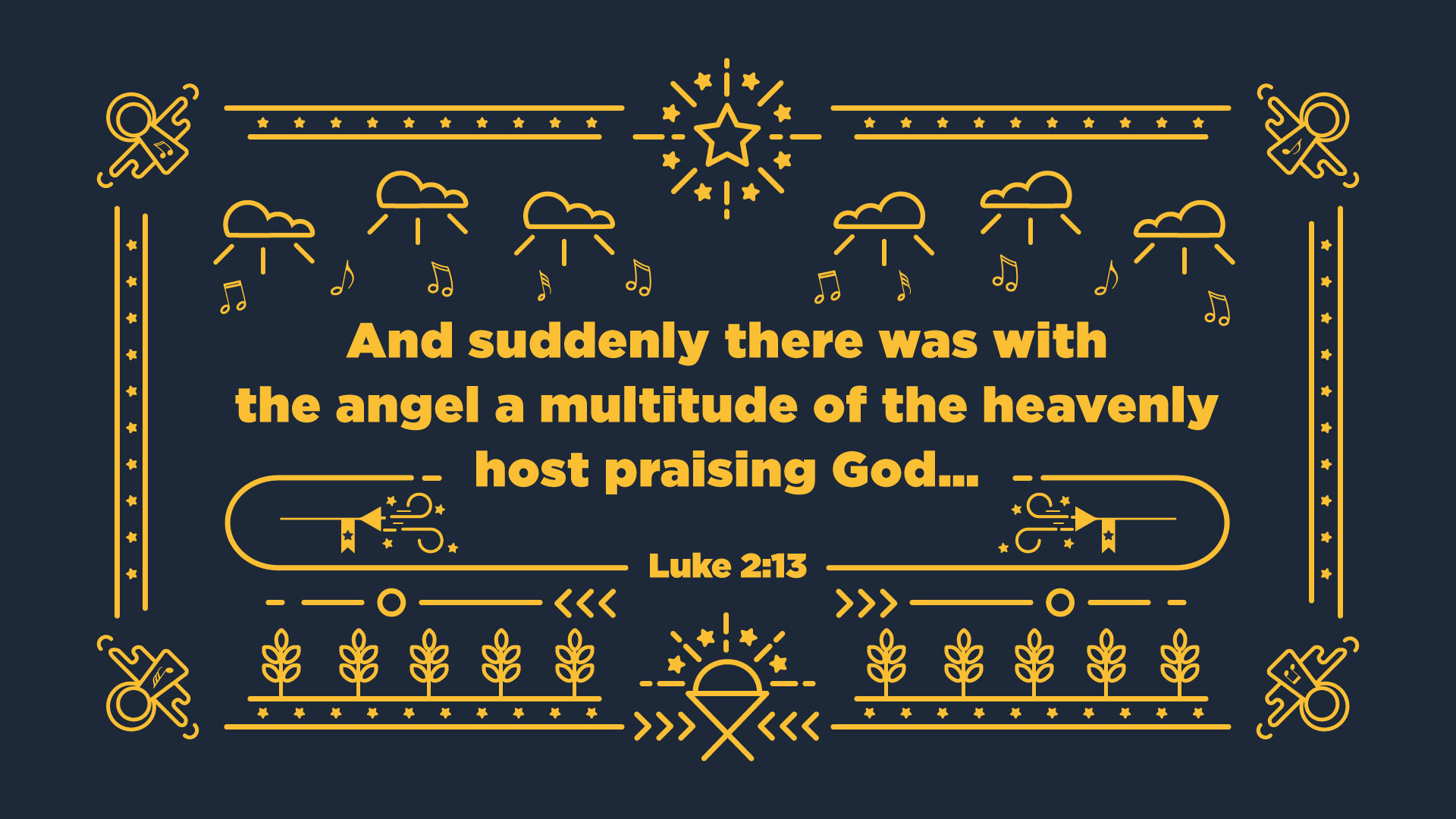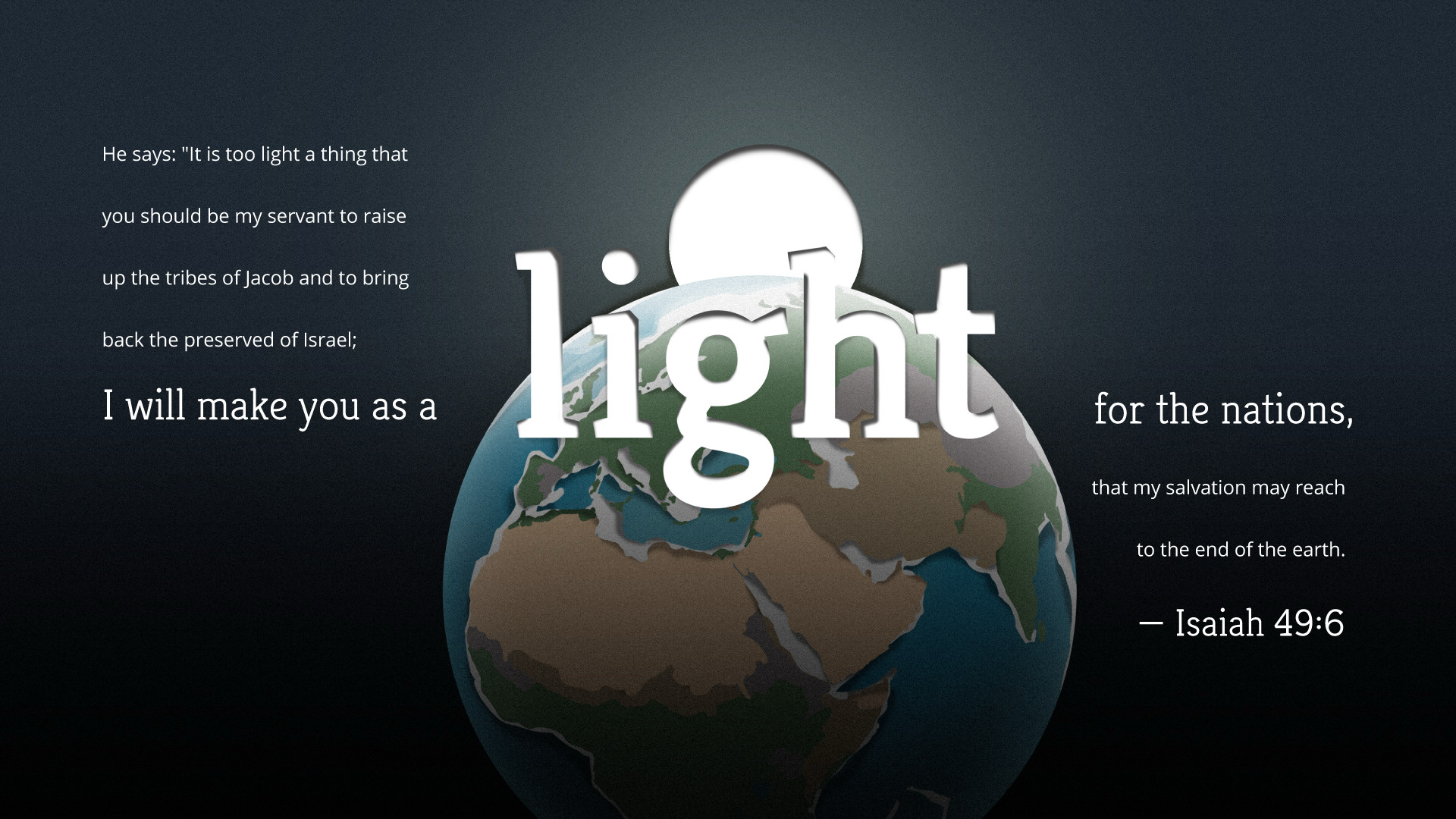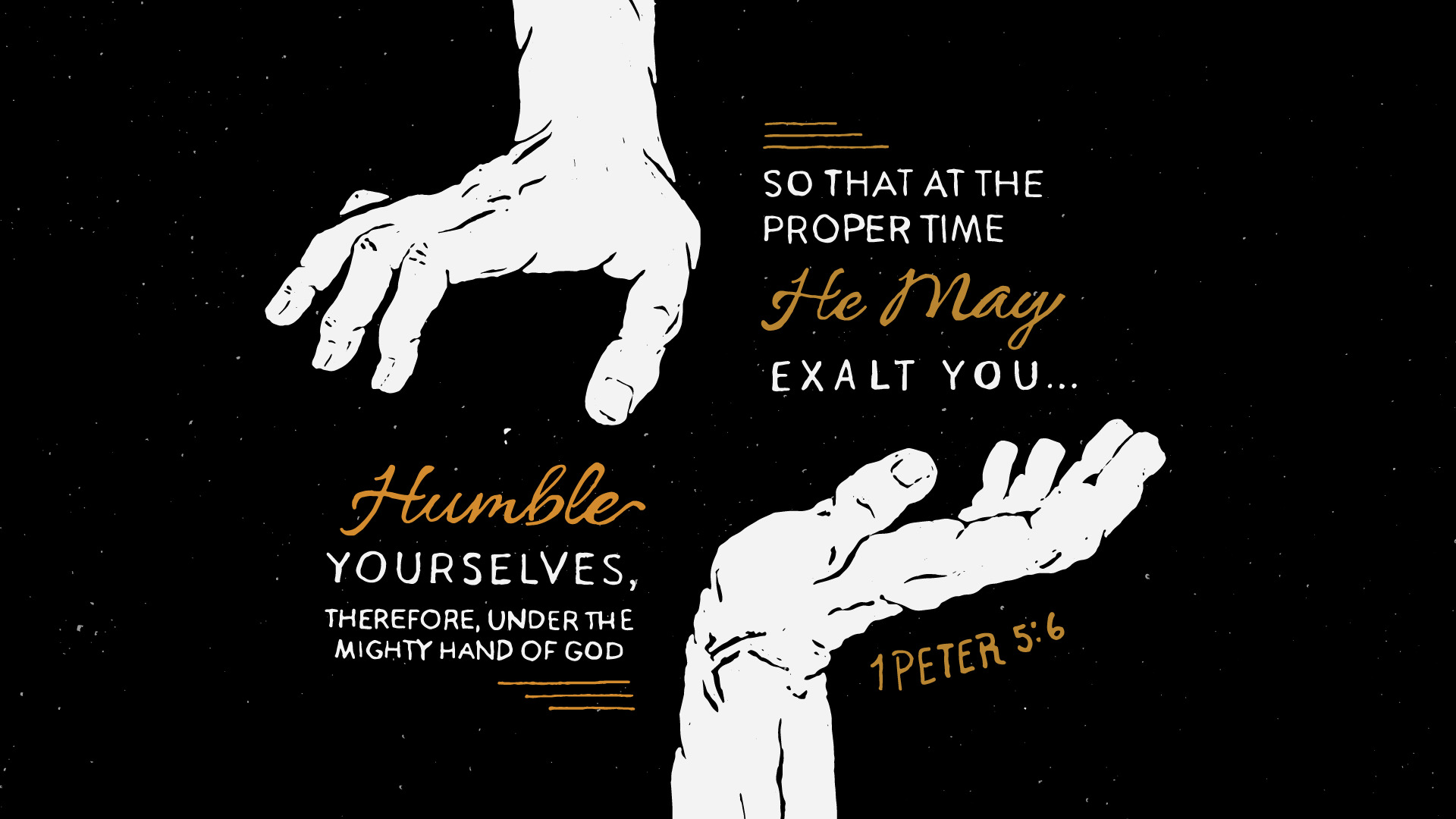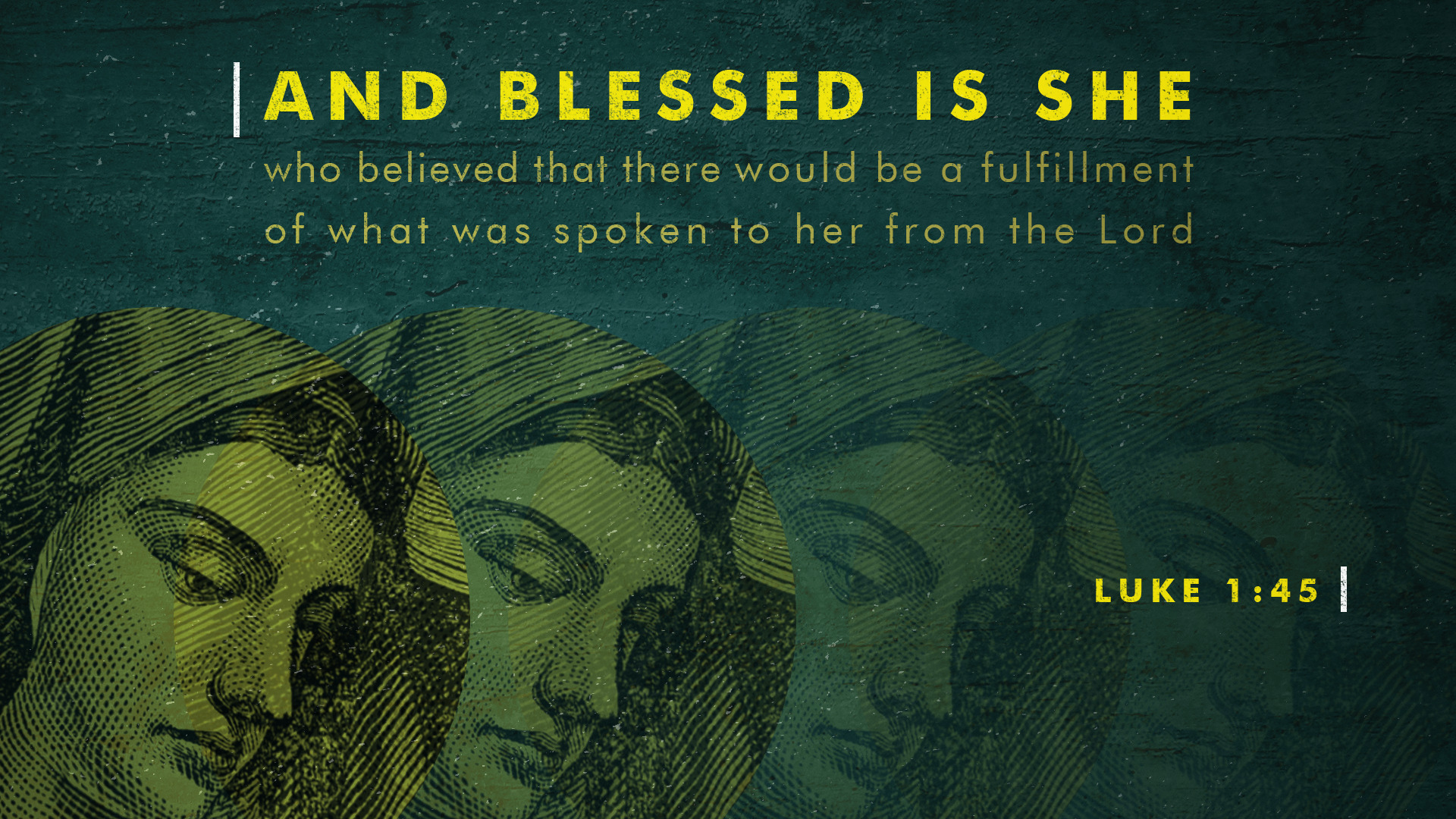

The Unexpected Song: A Night of Awe and Good News
In a few short sentences, the angel revealed the fulfillment of centuries of prophecy. The long-awaited Messiah had come. Born in David’s city, the child was not just a king but the Savior of the world, the Christ, the Lord.
The angel gave the shepherds a specific sign: they would find a baby wrapped in swaddling cloths and lying in a manger. It was a humble setting for the King of kings, a striking connection that spoke volumes about the nature of this Savior. God’s plan of redemption would unfold not in palaces but in small unexpected places.

The Silence Shattered: Trusting God’s Timing in Unexpected Circumstances
Through the decree of Augustus, the Roman Empire unknowingly became an instrument in the hands of God. The census demanded that every man return to his ancestral town, ensuring that Joseph, of the house and lineage of David, would take Mary to Bethlehem—the place where the Messiah would be born. Micah 5:2 had foretold this centuries earlier: "But you, O Bethlehem Ephrathah, who are too little to be among the clans of Judah, from you shall come forth for me one who is to be ruler in Israel, whose coming forth is from of old, from ancient days.”

Strong in Spirit: Building the Faith of Children
The wilderness, often a place for divine encounters in Scripture, became John’s home. It was here that he grew in spirit, his character forged by solitude, prayer, and the presence of God. His diet of locusts and wild honey and his simple camel’s-hair garments spoke to a life of dependence on God, free from the trappings of materialism. The wilderness was not merely a physical location but a spiritual crucible, preparing John for a ministry marked by boldness, humility, and integrity.
As Christians, we are also called to grow strong in spirit. Just as John’s time in the wilderness was vital for his mission, we must embrace seasons of waiting and refinement, trusting that God is shaping us for His purposes. This Advent, as we anticipate the celebration of Christ’s birth, let us reflect on how we can grow in faith and strength, preparing our hearts for His work.

A Father’s Song: Light Breaking Into the Darkness
Zechariah was released from the empty prison of silence and filled with the Holy Spirit. He stood before the crowd gathered for this unexpected family celebration and declared God's faithfulness. His voice was clear and steady as melodies filled the room. This was no ordinary dedication for a newborn; this was a celebration of divine redemption. It was a moment charged with awe and wonder.
The lyrics flowed as melodies woven with the threads of history, promise, and a future filled with hope. Zechariah’s words revealed a tapestry of God’s promises fulfilled. His song, known as the Benedictus, is a hymn of praise that resounds with themes of redemption, salvation, and the dawn of a new era.

The Silence Is Broken: Faith in Action
The room held its breath. The tablet bearing the words, “His name is John,” had stunned the gathered crowd. The statement was loud and clear but not a suggestion—it was an act of obedience. Suddenly, a miracle happened. Zechariah’s silence was broken. After nine months without speaking, his voice rang out strong and clear with unrestrained praise.
Zechariah had been silenced because of his doubt, but in the stillness, his faith had grown. Now, with his heart filled with faith and committed to God’s promises, he uses his first words to bless the Lord. The same God who closed his mouth had now opened it in response to his obedience. Naming the child John—as commanded by the angel Gabriel—marked a profound transformation in Zechariah. Faith and obedience had unlocked his freedom.

Signs in the Silence: A Listening Ear And A Growing Faith
As Zechariah’s tablet revealed the name John, a wordless, wide-eyed wonder spread through the room. The whispers rose again, questions darting from one person to another. Why John? What could this mean?
But in the midst of the commotion, imagine the quiet moment shared between Zechariah and Elizabeth. Their eyes met, a knowing smile exchanged. Elizabeth, proud of her husband’s courage, and Zechariah, grateful for her steadfast faith. In their shared obedience, they had honored God’s will and proclaimed His work to their community.

Obedience in Silence: Trusting God While Others Watch
It was the custom for a firstborn son to carry his father’s name or that of a close relative. It honored the family and carried forward its legacy. So when Elizabeth, with unwavering resolve, declared, “No; he shall be called John,” the room must have fallen silent.
Confused glances darted back and forth. Whispers rose like steam when you pull the lid off a boiling pot from the crowd. "None of your relatives is called by this name," someone protested (Luke 1:61). Why John? Why abandon tradition for something so unexpected?

Neighbors and Relatives: Celebrating God's Goodness
The day finally arrived. The waiting was over, and Elizabeth was about to give birth to the son God had promised. After long months of pregnancy, Zechariah and Elizabeth faced the very real challenges of childbirth. This moment must have seemed surreal as the older couple neared something they had never experienced before.
It’s not hard to imagine the anxious hours leading up to the birth. Zechariah, still mute, silently prayed while Elizabeth endured the trials of labor. At her age, every pang of childbirth must have felt more intense, and yet she held on, carried by the promise of God’s mercy. And then it happened—her baby’s first cry rang out, mingling with her laughter and tears. Zechariah, though silent, must have wept as tears rolled down his beard.

Together in Hope: How God Uses Others in the Waiting
Imagine the days Mary and Elizabeth spent together. One a young woman just beginning her journey of motherhood, the other an older woman, carrying the child who would prepare the way for the Lord. For three months, they lived under the same roof, sharing meals, prayers, and long conversations about the extraordinary work God was doing in their lives.

Remembering His Promises: The Father Who Never Forgets
Waiting tests our faith. When life’s circumstances press hard, it’s tempting to feel forgotten by God. The silence can be deafening, and our hearts may echo the psalmist’s lament: “How long, O Lord? Will you forget me forever?” (Psalm 13:1).
But Mary’s song stands as a reminder: God does not forget His children. The delays are not signs of abandonment but invitations to deeper trust. In Isaiah 49:16, God declares, “Behold, I have engraved you on the palms of my hands.” This vivid image assures us of His constant care and attention. If He remembers every star in the heavens and every sparrow that falls, how much more does He remember you, His beloved?

Lifting the Humble: Finding Peace in God’s Strength
“He has shown strength with his arm,” she sings, perhaps recalling the God who split the Red Sea, toppled kingdoms, and now reaches into the obscurity of her life. Mary knows her humble estate doesn’t hinder God’s work; instead, it magnifies His glory. Her song reflects a timeless truth: the Almighty delights in exalting the humble.
This glimpse of God’s strength contrasts with our human frailty. We, like Mary, have no power of our own. Every breath, every heartbeat, and every talent we possess is a gift from God. Yet, how often do we forget our dependence on Him, striving in our own strength and falling prey to the sin of pride?

The Song for Generations: Finding Faith and God’s Mercy in Waiting
Mary’s song celebrates the enduring mercy of God. God is faithful and his faithfulness has never wavered. Even when His people failed, He remained steadfast. The hymn, “Great is Thy faithfulness,” encourages us, “morning by morning new mercies I see” and Lamentations 3:22 declares, “His mercies never end.”
Take a moment to reflect on the mercy you’ve experienced in your life. Wake every morning expecting to find new mercies for the day. These moments are reminders that God’s mercy is not bound by time or circumstance. He is the same yesterday, today, and forever.

The Soul That Sings: Responding to the God Who Saves
Singing is woven into the fabric of Scripture, from the triumphant songs of Moses and Miriam at the Red Sea to the psalms of David. The Bible often highlights singing as an essential form of worship. Zephaniah 3:17 reminds us of the reciprocal joy between God and His people: “The Lord your God is in your midst, a mighty one who will save; he will rejoice over you with gladness; he will quiet you by his love; he will exult over you with loud singing.”
This verse paints a beautiful picture of God Himself singing over His people. Mary’s Magnificat, in turn, becomes a response to the God who rejoices in saving His children. Her song takes its place in the rich tradition of biblical worship, where music becomes a means of magnifying the Lord’s great works and His unchanging love.

The Sound and the Joy: Shared Worship in the Holy Spirit
“Blessed are you among women, and blessed is the fruit of your womb!” Elizabeth proclaims, her gratitude overflowing as she acknowledges the divine presence within Mary. This was divine revelation, not earthly explanation. Elizabeth knows. She recognizes the Messiah in Mary’s womb, calling Him “my Lord.” Elizabeth’s loud cry confirmed everything the angel had told her and John the Baptist, already filled with the Spirit as promised, began his prophetic ministry, announcing Christ even before his birth. This encounter was no ordinary meeting; it was the Spirit of God at work, revealing truth, stirring joy, and igniting faith.

A Song Shared: How Community Encourages Faith
Mary’s story invites us to reflect on our responses to God’s guidance. Are we ready to obey and take a courageous step of faith? Her journey to visit Elizabeth was neither convenient nor comfortable, yet it was essential. Mary’s obedience reminds us that trusting God sometimes requires us to move forward without having all the answers.

The Humble Servant: Faith in the God of the Impossible
Mary's faith is a model for us. She believed in the impossible because she believed in the God who can do all things. Her humility reminds us that true servanthood is rooted in obedience, even when the path is unclear or the cost is high. It's not just about believing but about living out that belief in obedience to God's will.

The Shadow and the Spirit: Mary’s Question and God’s Miraculous Answer
Gabriel’s explanation draws us into the mystery of the incarnation. The Holy Spirit's overshadowing presence is the same word used to describe the glory cloud that rested on the Tabernacle in Exodus 40:34—a tangible sign of God's presence among His people. Now, that same Spirit is creating life within Mary—a life that is truly human and truly divine.



